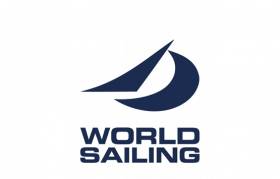Displaying items by tag: McLaren report
#Rio2016 - World Sailing has provisionally confirmed six Russian sailors for the Olympic Games that kick off next Friday in Rio.
Following a conference call yesterday (Tuesday 26 July) with its board of directors in the wake of the damning McLaren report on doping in sport, the world governing body for sailing confirmed the eligibility of RS:X competitors Stefania Elfutina and Maksim Oberemko, 470 sailors Liudmila Dmitrieva, Alisa Kirilyuk and Denis Gribanov, and Laser helm Sergey Komissarov.
All six are currently in Rio preparing for the games.
Gribranov's sailing partner Pavel Sozykin was denied eligibility based on the findings of the McLaren report, but World Sailing has recommended that the Russian Olympic Committee will have the opportunity to nominate a last-minute replacement.
These provisional confirmations are subject to approval by the Court of Arbitration for Sport (CAS).
"The World Sailing board of cirectors carefully considered all relevant factors in making these determinations, including the guidance provided by the IOC, the results of the McLaren Investigation Report and our own rules and procedures," said Andy Hunt, World Sailing CEO.
"This is unprecedented territory for international sport as, collectively, we work to protect the integrity of sport and remain resolute in our commitment to eliminate doping. These efforts must be balanced with principles of fairness, due process and adherence to established rules.
"There is, however, no room in sailing for athletes who seek to gain an unfair advantage through the use of banned substances or who attempt to manipulate or subvert the anti-doping system. For World Sailing, there is no greater priority than protecting and preserving clean competition.”
The news comes after all but six Russian rowers were barred from the Rio games over the McLaren findings, as previously reported on Afloat.ie.





























































